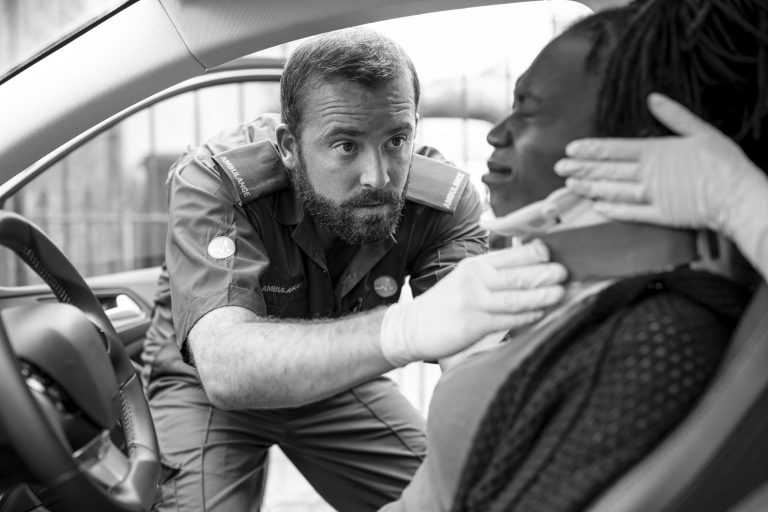Personal Injury Protection Insurance
Your Shield After a Car Accident, Regardless of Fault

Imagine you’re involved in a car accident. Thankfully, nobody is seriously hurt. But even minor injuries can lead to a cascade of medical bills, lost wages, and unexpected expenses. This is where Personal Injury Protection insurance (PIP insurance) steps in, offering a safety net in the aftermath of an auto accident, even if you caused the crash.

Understanding PIP Coverage
Personal Injury Protection Insurance, also known as no-fault insurance, is a type of car insurance that pays for medical expenses, lost wages, and other covered costs you incur due to a car accident, regardless of who is at fault. It acts as a primary source of compensation, covering you, your passengers, and sometimes even pedestrians you injure in the accident (depending on your state’s laws).
Here’s a breakdown of what PIP insurance typically covers:
- Medical Bills: Covers necessary medical expenses arising from the accident, including doctor visits, hospital stays, rehabilitation, and medication.
- Lost Wages: If your injuries prevent you from working, PIP can help replace a portion of your income.
- Funeral Expenses: In the tragic case of a fatal accident, PIP may contribute towards funeral and burial costs.
- Replacement Services: PIP can help cover the cost of household services you can no longer perform due to injuries, such as childcare or housekeeping.
Personal Injury Protection Insurance: Mandatory or Optional?
PIP requirements vary greatly across the US. Here’s a quick guide:
- Mandatory PIP: In 12 states (plus Puerto Rico), PIP is mandatory coverage. You cannot register your car without it. These states typically have a “no-fault” system, where PIP benefits come before filing a lawsuit against the at-fault driver.
- Optional PIP: In some states, PIP is optional coverage you can add to your car insurance policy.
- No PIP: A handful of states don’t offer PIP insurance at all.
The Advantages of PIP Insurance
- Faster Access to Funds: PIP can provide quicker access to funds for medical expenses compared to navigating a fault-based claim process.
- Covers Regardless of Fault: Even if you cause the accident, PIP can still help cover your medical costs and lost wages.
- Peace of Mind: PIP offers valuable financial protection in the event of an unexpected accident.
Things to Consider
- Coverage Limits: PIP policies have coverage limits for each expense category. Make sure the limits are sufficient to cover your potential needs.
- Deductible: A deductible is the amount you pay upfront before PIP coverage kicks in. Choose a deductible you’re comfortable paying in case of an accident.
- State Regulations: PIP laws are complex and vary by state. Understand your state’s specific requirements and how PIP interacts with other car insurance coverages.
The Bottom Line
Personal Injury Protection insurance provides a layer of financial security after a car accident. While not mandatory everywhere, it’s a valuable coverage to consider, especially if you live in a no-fault state or drive an older car without comprehensive coverage. By understanding PIP’s benefits and limitations, you can make an informed decision about whether it’s right for you. Remember, consulting with a qualified insurance agent can help you determine the right level of PIP coverage for your needs.